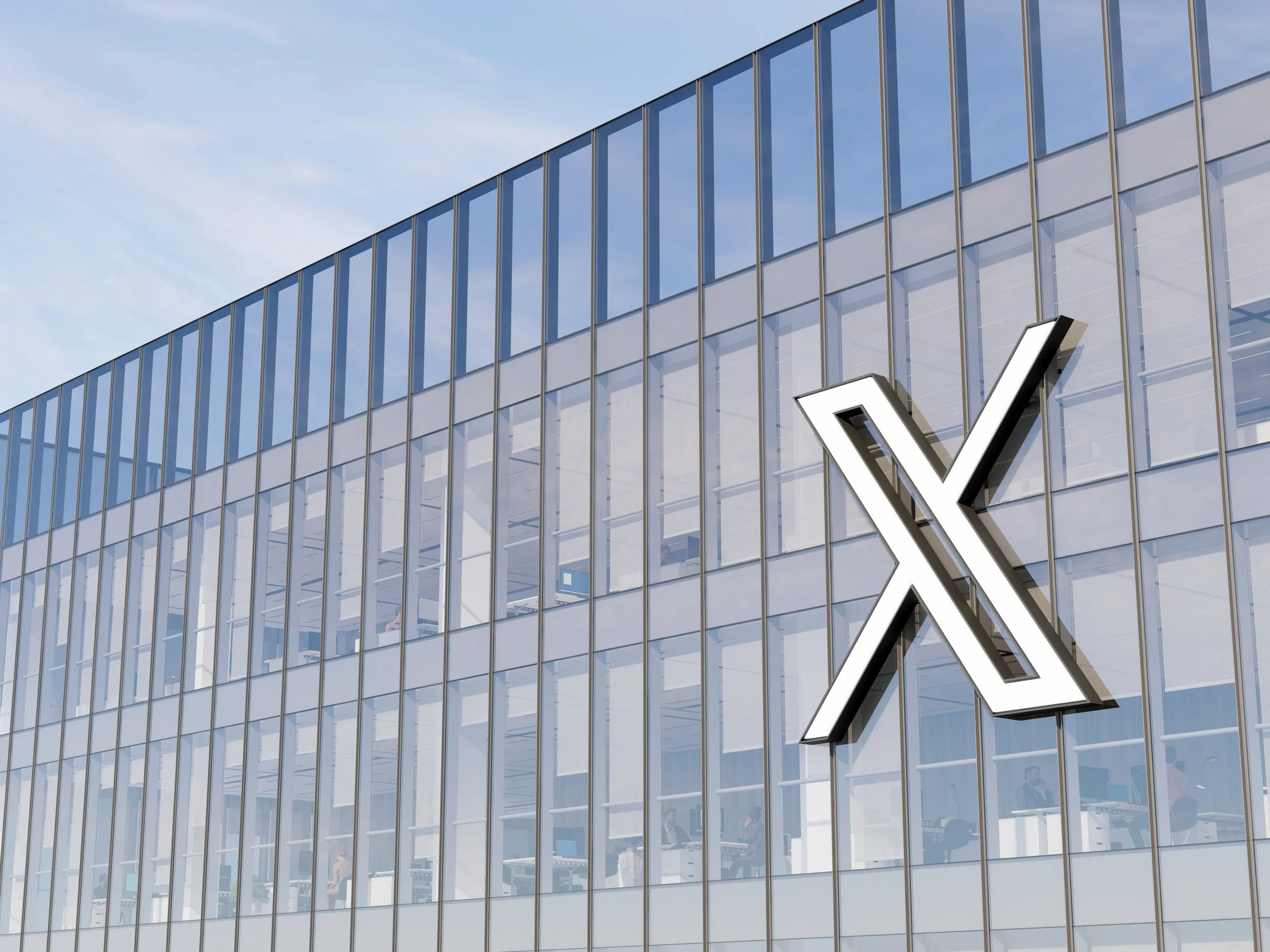Strife in South America
The controversial presidential election in Venezuela took yet another turn earlier this month when an arrest warrant was issued for Edmundo Gonzalez, the opposition candidate who most of the world views as having defeated Nicolas Maduro. Maduro, however, has declared himself the victor and refused to relinquish power. Gonzalez appears to be in hiding and has not made any public appearances since election day.
Meanwhile, in Brazil, the Supreme Court has upheld a lower court’s decision to ban the social media platform X in the country. The decision includes a daily fine of $50,000 reais (approximately $8,900) for those who violate the ban.
Analysis and eternal perspective: Power and control are intoxicating. From the moment we draw breath, we are inclined to gather power unto ourselves and to seize as much control as we can muster. These individual inclinations, when not properly harnessed, lead to much broader and more destructive actions like a refusal to surrender power after an electoral defeat.
This desperation for power is directly connected to efforts to control the free flow of information. When a government tries to be the arbiter of truth, its motive is often cloaked in the pursuit of truth, but the effective result is the criminalization of dissent. It is certainly true that social media is a hotbed for the spread of untruth. But the most effective way to combat that reality is the free flow of information, not a central repository of censorship.
As Jesus followers who were created to be free (Gal. 5:1), we should stand for the right of those around the world to both choose their leaders and freely engage in public discourse—including dissenting views about their government. As we stand in solidarity with the right to dissent, we should also be a people who are fervently devoted to truth, as that is the only way to possess true freedom (Jn. 8:32).

